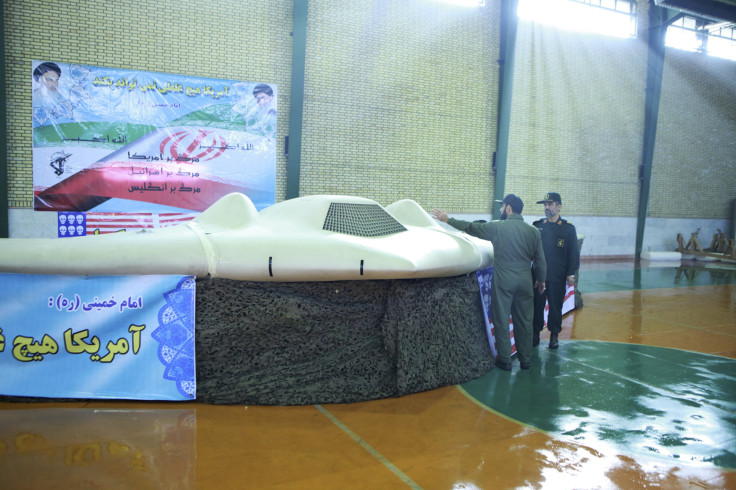Iran Says It Has Copied US Drone RQ-170 Sentinel While Its Leaders Slam The West For Trying To Limit Missile Program

Iran said Sunday that it has copied a U.S. drone, the U.S RQ-170 Sentinel, and will test it soon, while Iranian leaders criticized the West's efforts to limit Iran's missile program.
The drone, which was captured by Tehran in 2011, was reportedly on a mission to spy on Iran's nuclear sites. At the time, Iran had claimed that it took over the ultra hi-tech gadget after the U.S. lost control over the drone while it was in flight even as U.S. military officials reportedly said that Iran did not have the technology to decipher its secrets, and President Barack Obama demanded that Iran return the Sentinel to Washington.
"Our engineers succeeded in breaking the drone's secrets and copying them. It will soon take a test flight," an officer said, on a local channel, according to Agence France-Presse.
Iran is scheduled to meet the U.S., France, Germany, Britain, China and Russia in Vienna Tuesday for a four-day discussion to address concerns that Iran has found a way to develop nuclear weapons. The countries expect to reach a final agreement by July 20 while Ayatollah Ali Khamenei, Iran’s supreme leader, slammed the West for trying to rein in Iran’s military capability.
"They expect us to limit our missile program while they constantly threaten Iran with military action” Khamenei said, according to Reuters, adding: “So this is a stupid, idiotic expectation ... The revolutionary guards should definitely carry out their program and not be satisfied with the present level. They should mass produce. This is a main duty of all military officials."
While the world's major powers, including the U.S., fear that Iran’s nuclear program could allow it to produce atomic weapons, Iran has reiterated that it has no such plans and that its nuclear program is aimed at medical research and power generation. Iran reached an interim deal in November where it agreed to stop enriching uranium to 20 percent and said that it would dilute half of it to 5 percent and the remaining half into oxide.
“If the world seeks good relations with Iran, it should choose the way of surrendering to Iran's rights, respecting the Iranian nation and praising Iranian scientists," President Hassan Rouhani said, according to Associated Press, adding: "The Iranian nation has never been after a weapon of mass destruction since it does not see it as legitimate."
© Copyright IBTimes 2024. All rights reserved.





















